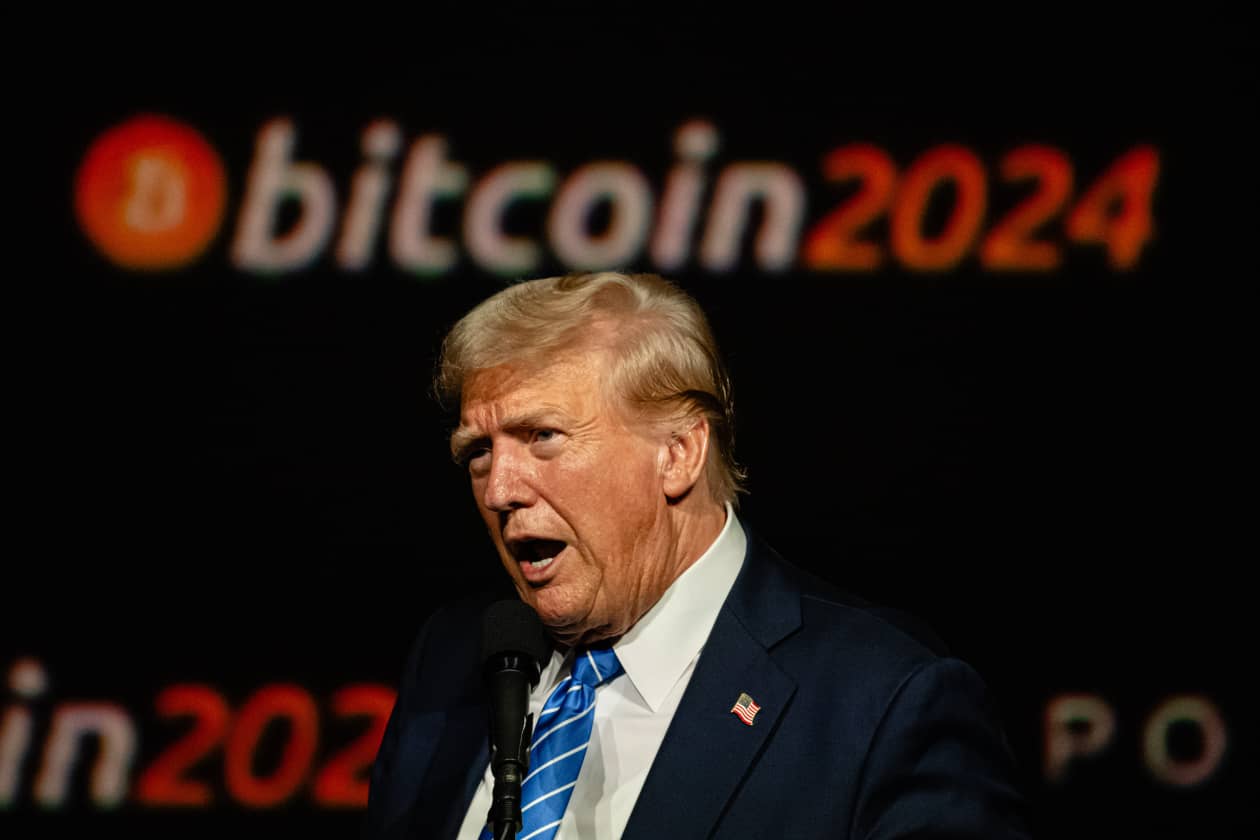accountsauthorizationCryptoCrypto Accountscrypto wallets
Russian investigators are pressing the parliament and government in Moscow for permission to open their own cryptocurrency wallets. This would allow law enforcement agencies to seize digital assets during criminal cases and eventually sell them, something that authorities in the United States and Europe already do.
Russian Prosecutors Lobby for Powers to Confiscate and Auction Cryptocurrencies
The Prosecutor General’s Office of the Russian Federation is proposing to allow investigative bodies to set up crypto accounts and wallets under their control for storing seized digital coins that can later be sold for the benefit of the state.
Speaking in the Federation Council, the upper house of Russian parliament, a representative of the Office’s Main Criminal Procedural Department, Madina Dolgieva, insisted that there’s no need to even change the law to grant such powers.
“The Prosecutor General’s Office has consistently advocated for the development and optimization of the confiscation mechanism as another procedural measure,” Dolgieva said during a round table discussion. She was quoted by the Interfax news agency as stating:
We can allow the investigating authorities to open their own cryptocurrency accounts and wallets.
This can be done through a government decree, Dolgieva elaborated. “It is not necessary to make changes to the Criminal Procedure Law because this is a lengthy process,” the law enforcement official explained.
She also believes that it’s necessary to issue a separate government decree or amend the current law governing enforcement proceedings in order to authorize the Russian Federal Bailiff Service to auction seized cryptocurrency.
Dolgieva made the suggestions after the head of Russia’s Prosecutor General’s Office, Igor Krasnov, demanded earlier this week that crypto exchanges providing services to Russian customers be obliged to register in the country and share user data with Russian law enforcement.
Krasnov also urged for adopting more comprehensive regulations for digital assets in Russia, insisting that the mere recognition of cryptocurrency as property is not sufficient to combat criminal flows in the difficult international situation now, which he believes increases the risks of exploiting vulnerabilities through crypto.
American and European law enforcement agencies already have established procedures to seize and sell crime-related crypto assets. Days ago, the U.S. Justice Department said it had seized cryptocurrency worth over $112 million linked to fraudulent investment schemes. In July last year, Finland’s customs service announced it had sold forfeited bitcoin worth over $50 million.
accounts, authorization, Crypto, Crypto Accounts, crypto wallets, Cryptocurrencies, Cryptocurrency, Decree, investigators, Law, prosecutor, Prosecutor’s, prosecutor’s office, Russia, russian, Wallets
Do you think the Russian government will authorize prosecutors and investigators to open cryptocurrency wallets? Tell us in the comments section below.

Lubomir Tassev is a journalist from tech-savvy Eastern Europe who likes Hitchens’s quote: “Being a writer is what I am, rather than what I do.” Besides crypto, blockchain and fintech, international politics and economics are two other sources of inspiration.
Image Credits: Shutterstock, Pixabay, Wiki Commons
Disclaimer: This article is for informational purposes only. It is not a direct offer or solicitation of an offer to buy or sell, or a recommendation or endorsement of any products, services, or companies. Bitcoin.com does not provide investment, tax, legal, or accounting advice. Neither the company nor the author is responsible, directly or indirectly, for any damage or loss caused or alleged to be caused by or in connection with the use of or reliance on any content, goods or services mentioned in this article.
Source : Bitcoin



